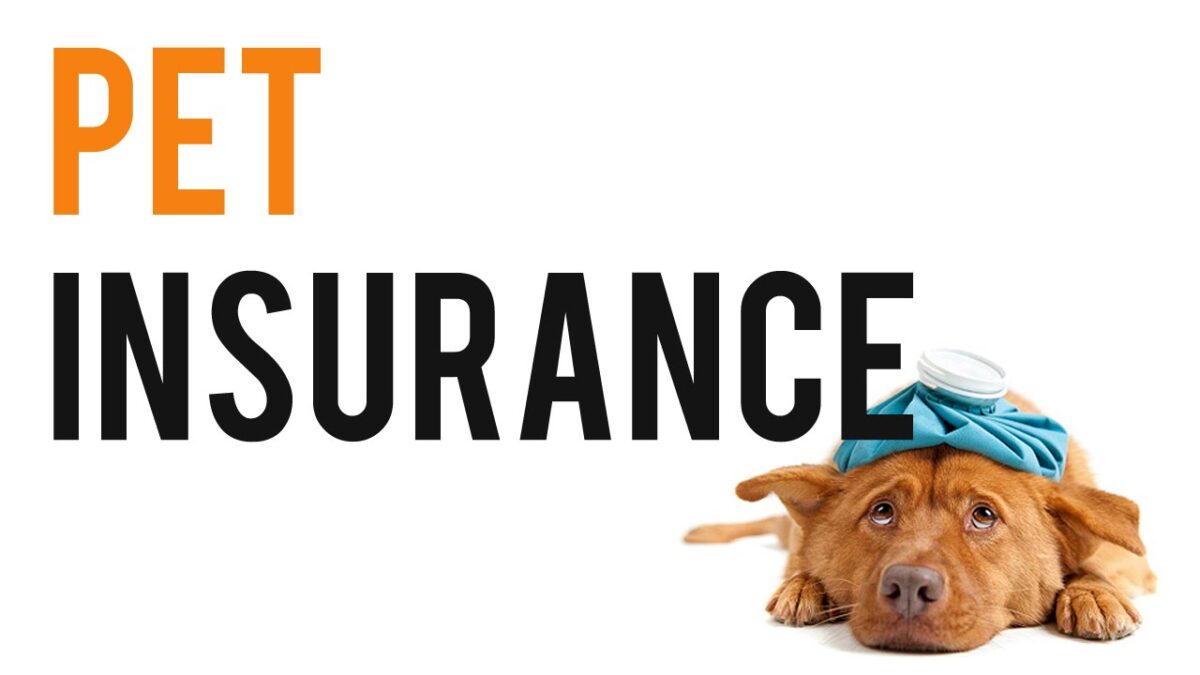Pets hold an integral place in our lives, becoming cherished companions and beloved members of the family. In the year 2024, the significance of ensuring their well-being through pet insurance remains a subject of discussion and consideration among pet owners. With the evolving landscape of veterinary care and the increasing costs associated with pet healthcare, the question of whether pet insurance is necessary in today’s world is an important one to address.
Understanding the Role of Pet Insurance
Pet insurance functions as a safeguard, offering financial assistance to cover veterinary expenses in the event of accidents, illnesses, or other unforeseen health issues that might affect our furry friends. Similar to human health insurance, pet insurance plans come in various forms, providing coverage for different medical needs and conditions.
As of 2024, veterinary care has advanced significantly, offering a wide range of treatments and procedures that can significantly enhance the quality of life for our pets. However, these advancements often come with a hefty price tag. Pet insurance helps alleviate the burden of these costs, allowing pet owners to provide the best possible care for their companions without having to worry about the financial strain.
The Benefits of Pet Insurance
One of the primary advantages of pet insurance is the peace of mind it offers. Knowing that your pet’s medical expenses will be covered in the case of an unexpected illness or injury can relieve stress during already difficult times. It empowers pet owners to make decisions based on their pet’s health needs rather than financial constraints.
Moreover, pet insurance allows for more comprehensive care. It covers a range of veterinary services, including diagnostic tests, surgeries, medications, hospitalizations, and sometimes even alternative treatments. Some policies also cover hereditary conditions or chronic illnesses, ensuring that your pet receives necessary ongoing care.
In the context of 2024, where technological advancements have led to more specialized treatments and procedures for pets, insurance coverage plays a pivotal role. It enables access to these advanced treatments without worrying about the prohibitive costs that might otherwise limit a pet’s healthcare options.
Factors to Consider When Choosing Pet Insurance
When considering pet insurance, several factors should be taken into account. These include the pet’s age, breed, pre-existing conditions, and the level of coverage provided by different insurance plans.
It’s important to enrol your pet in insurance while they are young and healthy, as pre-existing conditions are usually not covered by insurance policies. Researching various insurance providers, and understanding their coverage options, deductibles, and reimbursement rates is crucial to finding a plan that best suits your pet’s needs and your financial situation.
Additionally, considering any breed-specific health concerns or genetic predispositions your pet might have can help in selecting a plan that covers these potential issues.
For better understanding, we compared healthy paws vs embrace pet insurance providers, several distinguishing features come to light regarding their offered services.
Healthy Paws stands out for its comprehensive coverage, which includes accidents, illnesses, hereditary conditions, surgeries, hospitalizations, prescription medications, and chronic conditions. Their policies exclude pre-existing conditions but cover a wide array of veterinary services.
On the other hand, Embrace offers a more customizable approach, allowing pet owners to tailor their coverage by selecting different annual limits, deductibles, and reimbursement percentages.
Embrace also covers alternative therapies, behavioural therapy, prosthetic devices, and certain wellness care options, such as dental illness and routine veterinary exams, which might not be covered by Healthy Paws’ basic policy.
The Evolution of Pet Insurance
The landscape of pet insurance has evolved significantly over the years. In 2024, there’s a broader array of choices available to pet owners, offering more customised plans and additional coverage options.
Some insurance providers have expanded their offerings to include wellness plans that cover routine care such as vaccinations, flea and tick prevention, and annual check-ups. While these plans may come with an added cost, they can contribute to preventive care, ensuring your pet stays healthy and reducing the likelihood of more serious health issues arising.
Moreover, advancements in technology have streamlined the claims process for pet insurance. Many companies now offer convenient mobile apps or online portals, making it easier for pet owners to submit claims and track their reimbursement status, simplifying the overall experience.
The Economic Aspect of Pet Insurance
Critics of pet insurance often cite the cost as a deterrent. However, in reality, the cost of insurance premiums can be a small fraction of the potential expenses incurred in case of a pet’s medical emergency. Pet owners who have insurance can avoid facing the dilemma of making difficult financial decisions in times of crisis, ensuring that their pets receive necessary care without compromise.
Additionally, the rising costs of veterinary care make pet insurance a practical choice. Emergency visits, surgeries, and specialised treatments can accumulate significant bills. Having insurance coverage can make these expenses more manageable, preventing financial strain and allowing pet owners to focus solely on their pet’s recovery.
The Human-Animal Bond and Pet Insurance
The relationship between pets and their owners transcends companionship; it’s a bond built on love, trust, and mutual support. In times of distress or when a pet falls ill, the emotional toll on the owner can be profound. Pet insurance helps alleviate some of this emotional stress by providing the means to afford necessary care, reinforcing the strong bond between pet and owner.
Final Thoughts
In conclusion, while the necessity of pet insurance in 2024 remains a personal choice for each pet owner, its value cannot be understated. With the ever-evolving landscape of veterinary care, the increasing costs associated with pet healthcare, and the desire to provide the best possible care for our furry companions, pet insurance stands as a crucial tool to ensure the well-being of our beloved pets.
Ultimately, the decision to invest in pet insurance involves weighing the potential risks and benefits while considering the unique needs and circumstances of your pet. However, for many pet owners, the peace of mind and the ability to provide comprehensive healthcare for their beloved companions make pet insurance a worthwhile investment in the year 2024 and beyond.









